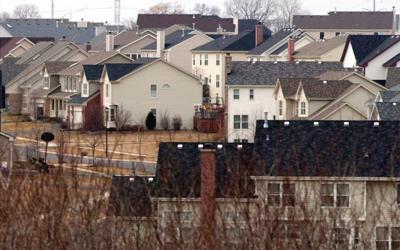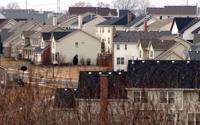(The Center Square) – As the deadline for the federal and state freeze on evictions at the end of July approaches, housing advocates fear that Illinois could still see a flood of evictions.
Tens of thousands of people owe back rent to landlords. After 16 months of delay, struggling landlords are determined to start eviction processes.
Sharon Legenza, executive director of Housing Action Illinois, an advocacy group, says resources are out there for tenants who need help.
“My biggest concern is making sure that everyone, regardless of technology and regardless of where they live and how they get their information, can learn about these programs and how to access them,” she said.
Tenants have until July 18 to apply to the Illinois Housing Development Authority for emergency rent relief funding that is available to people who have experienced job loss and other hardships due to COVID-19.
The deadline for landlords to apply directly has passed. However, landlords can still work with their tenants to help the tenants file applications for rental assistance that will result in direct back-rent payments to their landlords.
“Local, state and federal governments are very aware of the potential for a tidal wave of evictions,” Legenza said.
Her advice to tenants is to go to local community service agencies for help if they cannot apply online.
“People should be persistent and reach out to multiple sources if they need to,” Legenza said.
Illinois expects to spend $1.1 billion in rent relief payments to landlords, according to The Associated Press. The question, however, is will renters fill out the necessary paperwork to enable them to avoid evictions? In June, a bi-monthly survey by the U.S. Census Bureau that measures the social and economic impact of the coronavirus pandemic, found that 100,578 people in Illinois expected to face eviction in the next two months.
Even as more people are getting back to work, it could take time for people to get back on their feet, Legenza said.
“People owe back rent. That’s not something that, if you get a job tomorrow, you will be able to necessarily earn enough to pay whatever you owed during that time when you weren’t able to work because of the pandemic,” Legenza said.
Illinois Gov. J.B. Pritzker's administration estimates that its efforts to provide emergency rental assistance will wind up helping 120,000 households avoid evictions.
Experts like Legenza wonder, however, if more families who have lost jobs and businesses because of the pandemic shutdowns will miss the boat on rental assistance and wind up getting evicted?
In the past year, the average rent for a two-bedroom apartment in Chicago has risen to $1,900 a month – a 5.6% increase over last year.









